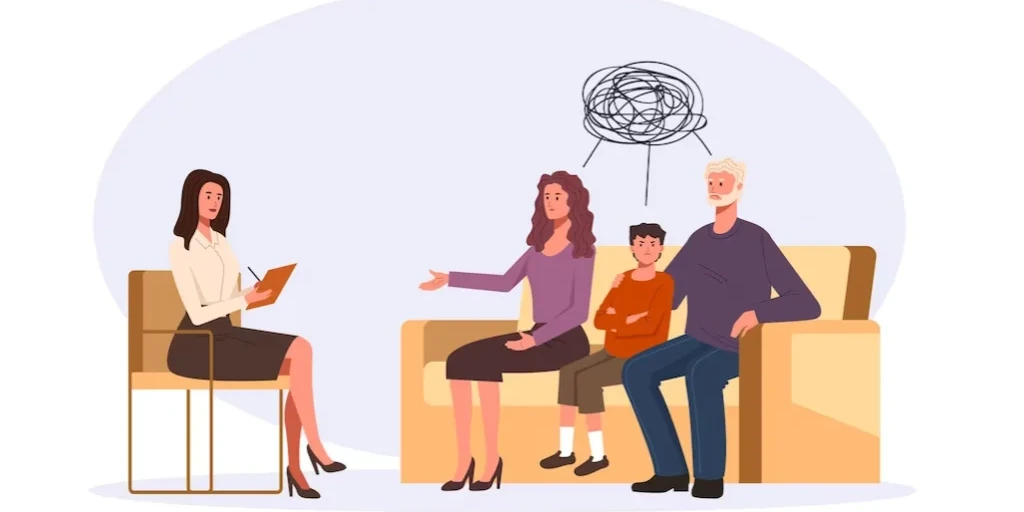24/7 Helpline:
(866) 899-221924/7 Helpline:
(866) 899-2219
Learn more about PTSD Treatment centers in Calhoun County

Other Insurance Options
Beacon

Coventry Health Care

State Farm

Multiplan

EmblemHealth

Magellan Health

ComPsych

Choice Care Network

Evernorth

Ceridian

Highmark

Carleon

MVP Healthcare

Sutter

Health Net

BHS | Behavioral Health Systems

Humana

Oxford

CareSource

BlueShield

Community Reach Center – Gateway Office
Community Reach Center – Gateway Office is a private rehab located in Thornton, Colorado. Community ...

Community Reach Center – Weekend Walk in
Community Reach Center – Weekend Walk in is a private rehab located in Thornton, Colorado. Community...

Colorado Medication Assisted Recovery
Colorado’s Recovery-Oriented, Clinically Driven, Medication Assisted Recovery Program Colorado Medic...

New Life Center
New Life Center is located in Hampton, South Carolina. New Life Center prevents and reduces the nega...

Riverside Behavioral Health Center
Riverside Behavioral Health Center is a substance abuse rehab center in Hampton, VA. It offers a com...

Agape Counseling and Therapeutic
Agape Counseling and Therapeutic is a private rehab located in Hampton, Virginia. Agape Counseling a...





















Acclaim Counseling Center
Acclaim Counseling Center is a private rehab located in Thornton, Colorado. Acclaim Counseling Cente...

Dove Counseling
Dove Counseling provides outpatient services for those individuals who are dealing with alcohol and ...

Prairie Ridge Integrated Behavioral Healthcare
Prairie Ridge Integrated Behavioral Healthcare is an outpatient facility that offers services for pa...

Family and Youth Foundation County
Family and Youth Foundation County is a private rehab located in Hampton, Virginia. Family and Youth...

Hampton Roads Clinic – Opioid Treatment
Hampton Roads Clinic – Opioid Treatment is a private rehab located in Hampton, Virginia. Hampton Roa...

Oxford House
Oxford House is a private rehab located in Hampton, Virginia. Oxford House specializes in the treatm...

Oxford House – Marshall Street
Oxford House – Marshall Street is a private rehab located in Hampton, Virginia. Oxford House – Marsh...

Hampton Newport News – Child and Adolescent Outpatient
Hampton Newport News – Child and Adolescent Outpatient is a public rehab located in Hampton, Virgini...

Hampton Newport News – Partners in Recovery
Hampton Newport News – Partners in Recovery is a drug and alcohol treatment center that supports adu...

Hampton Newport News – Crisis Stabilization Center
Hampton Newport News – Crisis Stabilization Center is a public rehab located in Hampton, Virginia. H...

Mental Health Support Services
Mental Health Support Services is a private rehab located in Hampton, Virginia. Mental Health Suppor...



























